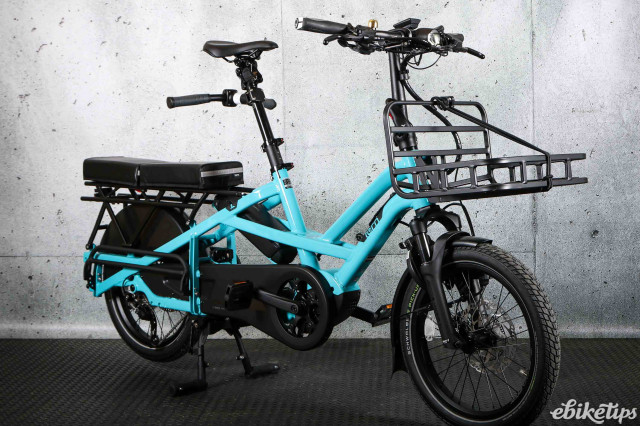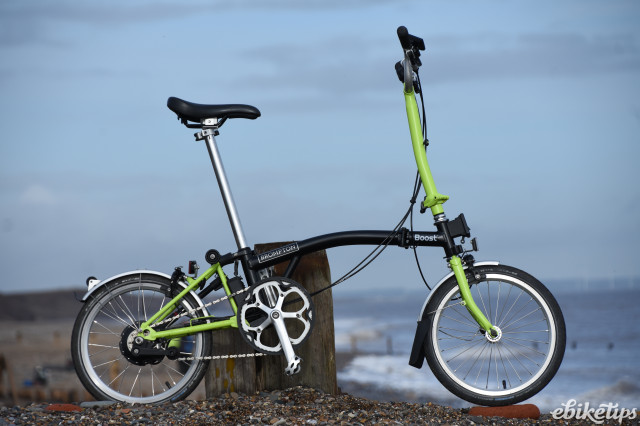E-scooter share scheme operator Voi has called on the UK government to announce a date for the legalisation of privately owned e-scooters. It was announced last year that the vehicles would be legalised through the creation of new low-speed, zero-emission vehicle category. However in the absence of any firm date or details, both manufacturers and consumers find themselves in limbo.
Voi is the largest e-scooter hire company in the UK, having operated in 18 different areas.
While Voi is running government-approved schemes, Matthew Pencharz, the firm’s head of public policy for the UK, Ireland and the Netherlands, said the firm was not immune to the ongoing uncertainty.
“Almost three years after the trials were first started, the demand for e-scooters is proven with Voi alone having 21m rides, replacing over 8m car journeys,” he said.
“However, the industry doesn’t have certainty after May next year when the trials are currently due to end.
“Legislation will allow more cities and towns to use e-scooters as a sustainable method of transport for their communities, providing a firmer footing for the industry and the jobs and investment connected with it.”
Voi argues that a new vehicle category would eliminate the need for all riders to have either provisional or full driving licences, opening up micromobility to more riders.
It also believes the insurance required should be brought in line with e-bike regulation. Currently operators must provide third party liability insurance, as for all motor vehicles.
Investment ‘choked off’ amid uncertainty over safety standards
In December, we reported how the Transport Bill that will legalise e-scooters has been pushed back until late this year at the earliest.
Speaking at the time, Paul Hodgins, the CEO of Ginger, which operates e-scooter rental schemes in eight UK locations, said that the ongoing uncertainty was stymieing the industry.
“This ongoing delay is doing great damage to an important future industry that we need for future jobs,” he said.
“Emerging British companies are in danger of not surviving because investment is choked off by the uncertainty. This is where future transport is going, and these delays are inadvertently ensuring the industry ecosystem and high value jobs will go elsewhere.”
Meanwhile, those manufacturers who are committing to the industry are left guessing at what regulations might be.
Pure Electric – which is phasing out e-bikes and concentrating on e-scooters – has been aligning its products with German rules and regulations and safety standards. However, without legislation this is only a voluntary move. E-scooters are currently on sale capable of far higher top speeds, among other differences.





